Notices
The meeting notice requirements apply to all meetings of the governing body of a public entity, including any committee or subcommittee meetings.
Prior written notice is required for all meetings of a public entity. The notice must include the date, time and location of the meeting and the agenda topics expected to be discussed, along with notice of any executive sessions expected to be held. It is not necessary to have a speakerphone or monitor available in a physical location if a meeting is held solely electronically. Instead, all information necessary to join the meeting must be included in the notice.
- Under the general open meetings law, there is no minimum advance notice period for public meetings.
Instead, at the same time the members of the governing body are notified of the meeting, the meeting notice must be:
- Posted at the entity’s main location, and at the location of the meeting (if it is not held at the entity’s main location); and
- Posted on the entity’s official website OR filed at the appropriate central location; and
- The central location is the Secretary of State’s office (state agencies), or the City Auditor (city level entities), or the County Auditor (all other entities); and
- Given to anyone who has requested it.
- For emergency or special meetings, the entity also must send a copy of the meeting notice to the official newspaper.
Generally, there is no requirement that a meeting notice be published.
Regular meeting agendas may be altered at the meeting. For special or emergency meetings, however, only the specific topics included in the notice may be discussed.
Minutes
Minutes must include, at a minimum:
- The names of the members attending the meeting;
- The date and time the meeting was called to order and adjourned;
- A list of topics discussed regarding public business;
- A description of each motion made at the meeting and whether the motion was seconded;
- The results of every vote taken at the meeting; and
- The vote of each member on every recorded roll call vote.
This requirement applies to all governing bodies, including committees and subcommittees. Draft minutes are public records and should be made available to anyone who requests them, even if the minutes have not been approved.
Find more detailed information in the Open Meetings Guide.



